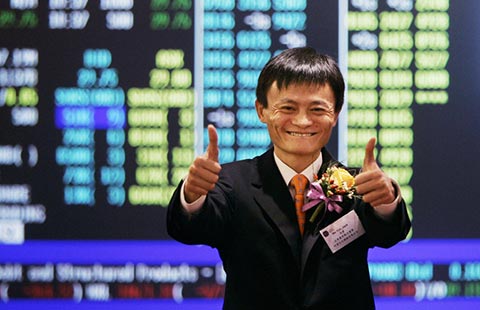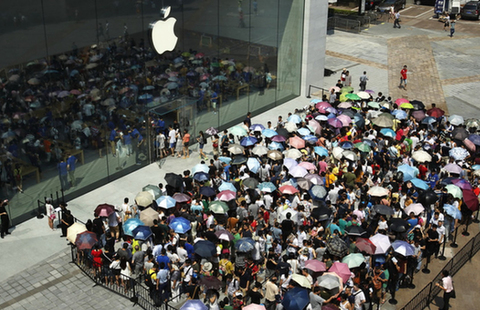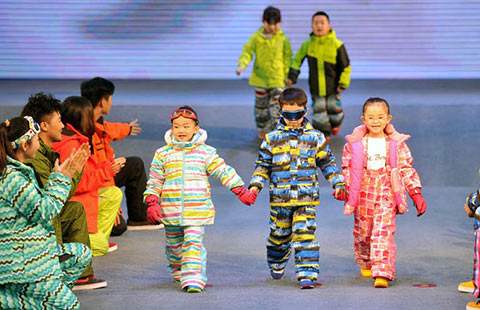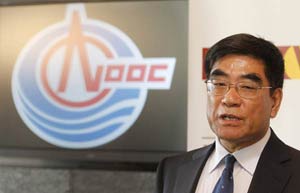There are good, bad industrial policies
By Ed Zhang (China Daily) Updated: 2014-07-28 20:37For a long time, many in China have talked about how the country's economy is in transition, but the definition of that depends on whom you talk to.
Some said China's development is achieved partly by getting statistics to do the right thing and partly by policies that help whichever industries the government happens to like. Those who advance this idea differ on the relative proportions of each of these ingredients. Some say the split is 50-50 and others put it at 40-60 or 30-70. Whatever the proportions may be, the view is simplistic because it takes no account of entrepreneurship and competition.
Of course no real development could occur that way, as anyone with a basic sense of economics knows, let alone a transition that features higher productivity.
A realistic definition of development, as well as of economic transition, must take account of the central role of entrepreneurship. Transition is accomplished not as the direct result of government policies but as a mass phenomenon in which there is a drive for change, and creating better things and improving lives.
This second, entrepreneurial definition was reflected in one of Premier Li Keqiang's recent meetings with business leaders. They told the head of the cabinet that, despite the adversities their companies have experienced since the 2008 global financial crisis, they do not want, nor do they need, any special government policies to help them.
That was the message from Dong Mingzhu, chairwoman of the Gree Group, one of China's most competitive manufacturers of home appliances, and Liu Yongxing, chairman of perhaps the largest feed producer in the country. They just demanded their right to compete with other (and implicitly state-owned) companies on an equal footing. What they need, they said, is fair competition.
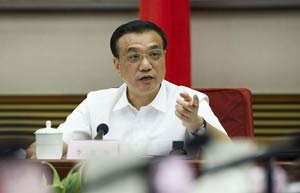 |
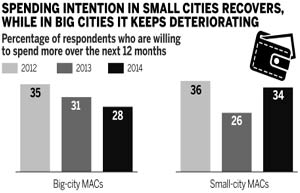 |
|
|
- Subaru recalls vehicles in China
- Top 9 Chinese tycoons invited to govt headquarters
- McDonald's rejects all OSI meat, outlets suffer shortages
- Net profits of China's SOEs up 4.4%
- China's trade in services up 15% in first half
- Wearable toy designed to teach girls computer programming
- Game on for Tencent, JD to sell Xbox Ones
- Microsoft likely targeted in Chinese antitrust probe
